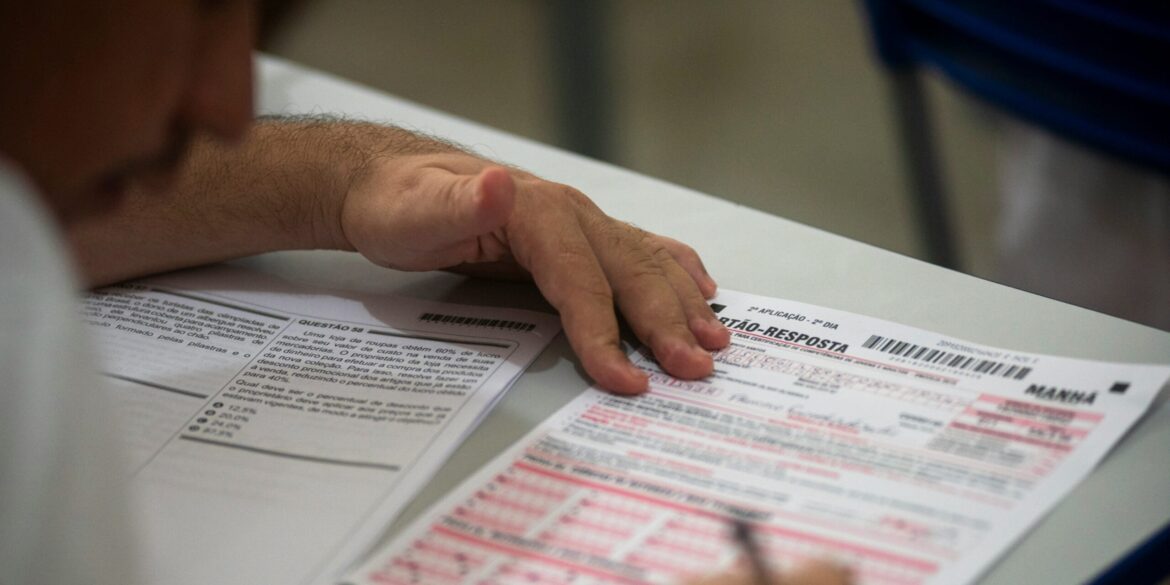Virginia voters took to the polls on June 17, 2025, for primary elections that are set to shape the political landscape of the state in the upcoming November general elections. The primary ballots featured significant contests for the lieutenant governor and attorney general positions, alongside all 100 seats in the House of Delegates. The outcome of these races could significantly influence the balance of power in Virginia’s state legislature and impact the direction of policy in the years to come.
For the first time in recent memory, the Democratic Party is fielding candidates in every district of the House of Delegates, a notable shift from previous years where the party typically focused its resources on more competitive districts. This expansion reflects the growing influence of the Democratic Party in Virginia, especially in the wake of recent statewide victories and demographic shifts favoring more progressive policies. The increased number of Democratic candidates is seen as a strategic move to challenge Republican dominance in certain areas of the state and gain greater control over the legislature.
On the Republican side, the GOP has entered the primary season with a unified ticket for the executive branch, with candidates vying for the positions of lieutenant governor and attorney general. The Republican Party has continued to focus on key conservative issues such as tax reform, law enforcement, and limiting the influence of the federal government in state matters. This coordinated effort is expected to bolster Republican chances in the general election, particularly in the face of a strong Democratic challenge in the legislative races.
The lieutenant governor and attorney general races are among the most closely watched contests in this primary, as both offices hold significant sway over state law and policy implementation. The lieutenant governor, for instance, presides over the state Senate, casting tie-breaking votes when needed, while the attorney general serves as the state’s top legal officer and plays a critical role in representing Virginia in both state and federal courts. As such, the outcomes of these races could shape how both parties govern in the years ahead, influencing everything from judicial appointments to legal challenges over state policies.
The primary elections also spotlight the ongoing ideological battle within Virginia politics. In recent years, Virginia has become a bellwether state for national political trends, with suburban voters in the northern and central parts of the state increasingly leaning Democratic, while more rural areas remain solidly Republican. The shift in voter preferences, along with the Democratic Party’s emphasis on progressive issues such as climate change, healthcare, and voting rights, sets the stage for what promises to be a contentious general election.
With Virginia’s political landscape undergoing significant changes, the primaries offer a snapshot of what voters can expect in November. The contest for control of the House of Delegates is particularly significant, as the legislature has the power to influence key areas like education funding, healthcare reform, and redistricting. Democrats hope that their expanded slate of candidates will allow them to build on their previous successes, while Republicans are aiming to hold onto their majority in the House, despite growing Democratic momentum.
The primaries also come at a time of political realignment in Virginia, following several years of shifting political dynamics. Democratic victories in previous statewide elections, including the 2019 gubernatorial race and the 2020 presidential election, have cemented the state’s status as a blue stronghold in the South. However, Republicans remain a formidable force in Virginia, particularly in rural areas and in more conservative-leaning districts. The primary results may offer clues about how these two political factions are likely to perform in the general election, which is expected to see significant voter turnout.
Virginia’s primaries have garnered national attention due to the state’s role as a bellwether for broader political trends in the United States. The outcomes of these primaries could have implications not only for Virginia but also for the national political landscape. As such, both parties are investing considerable resources into the state, hoping to secure victories that will help shape the direction of the country’s political future.
Looking ahead to the general election in November, the stakes are high. With a divided legislature and the potential for a closely contested executive race, Virginia’s political future will be shaped by the results of these primaries. Voters will have the opportunity to decide which party will control the state’s government and determine the direction of Virginia’s policies in the coming years.
As Virginians reflect on the outcomes of the primary elections, it is clear that the state’s political scene remains highly competitive and fluid. The races for lieutenant governor, attorney general, and the House of Delegates will be closely watched as they set the stage for the fall elections and could have lasting consequences for Virginia’s political future.

